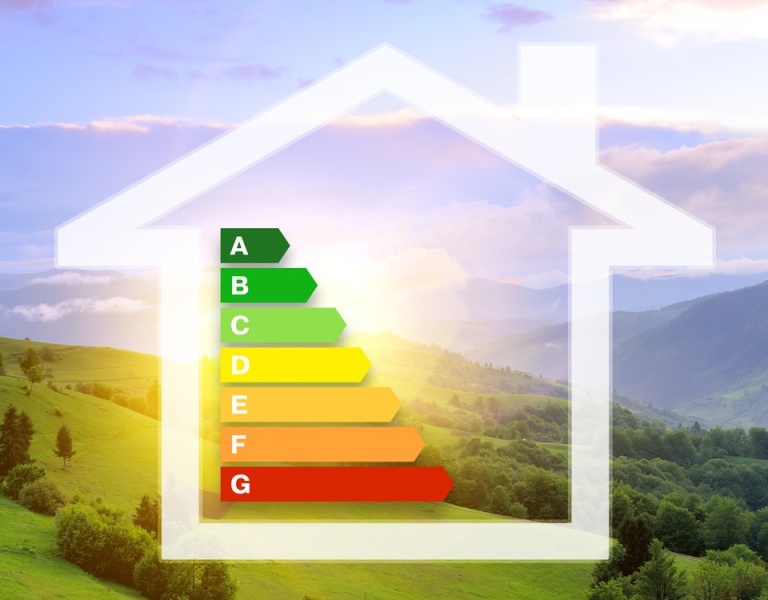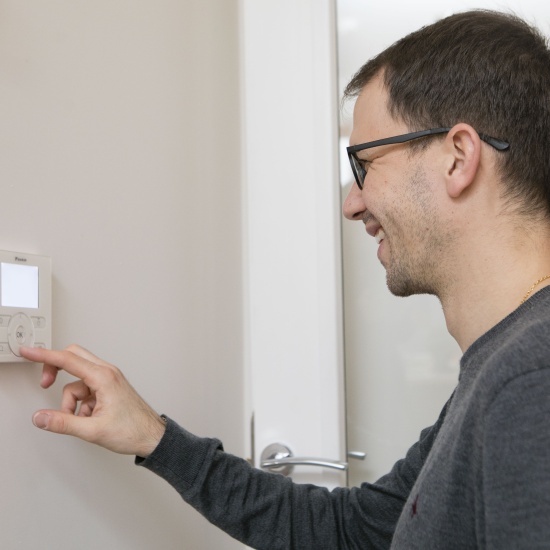How to get your home to a BER B2, or better
By improving the energy efficiency of your home, you can lower your energy bills, make your house warmer and more comfortable while reducing greenhouse gas emissions.

Many homes in Ireland are on the lower end of the A to G Building Energy Rating scale. They perform poorly in comparison to homes built to current building standards. By law, all homes undergoing major renovations must be built to a minimum B2 energy rating. If you would like to get your home to a minimum B2 building energy rating (BER), then the first place to start is with the building fabric. You want to reduce heat loss, keeping it in the home for longer.
This will involve some or all of the following:
- Attic insulation
- Wall insulation
- Window and door upgrades
Heat rises and up to 30% of all heat can be lost through the attic, but insulating your attic will minimise heat loss. Up to 35% of heat escapes through your walls so by installing cavity wall insulation or internal / external wall insulation, you will keep your home warm and cosy. Opting for triple gazed windows and high performing doors will eliminate draughts and help keep the heat in.
Once you have improved the building fabric then it is time to make sure you have an efficient heating system, and preferably, a renewable energy based system. Switching from oil or gas to a renewable energy source, such as a Heat Pump will have a significant impact on your BER. However, there is no point in investing in a heat pump unless you have a very well insulated home! Remember fabric first!
Investing in solar thermal heating and solar PV will also improve the energy performance of your home. Both use energy from the sun to heat our water and generate electricity and may be appropriate for your home. Incorporating both energy efficiency measures and renewable energy technologies in your home, will help improve your BER and bring your home to a BER B2.
How is a BER calculated?
A BER is calculated based on the amount of energy your home requires for space and hot water heating, ventilation and lighting. A registered BER Assessor will visit your home and carry out an assessment. If you have your house assessed, you will receive a BER certificate and an Advisory report. Your Advisory Report will suggest works to carry out to improve your home's energy rating.
All homes are different, and so the particular upgrades required may be different. For the best advice on where to start, contact a BER Assessor who will help you decide on the upgrades most suitable for your home.



